Today, the star-formation rate across the Universe is a mere trickle: just 3% of what it was at its peak. Here’s what it was like back then.
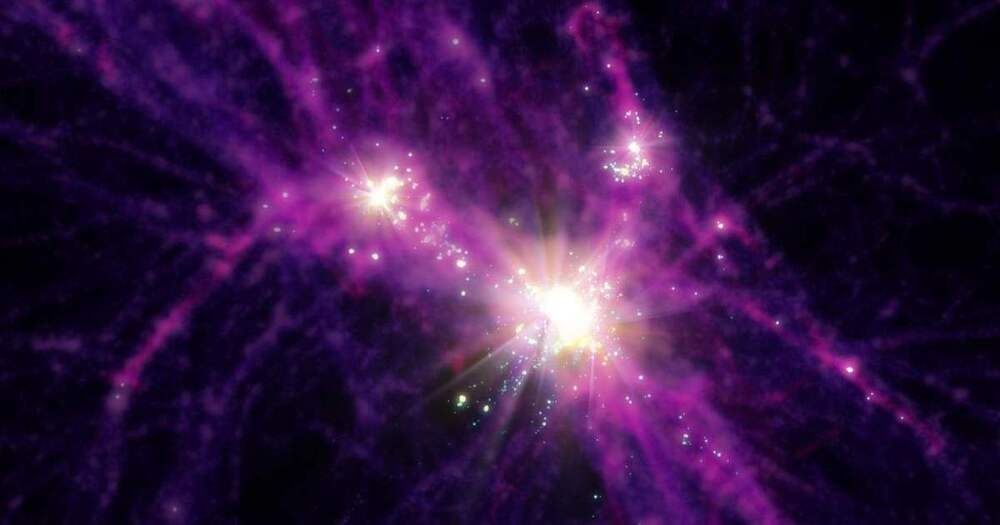

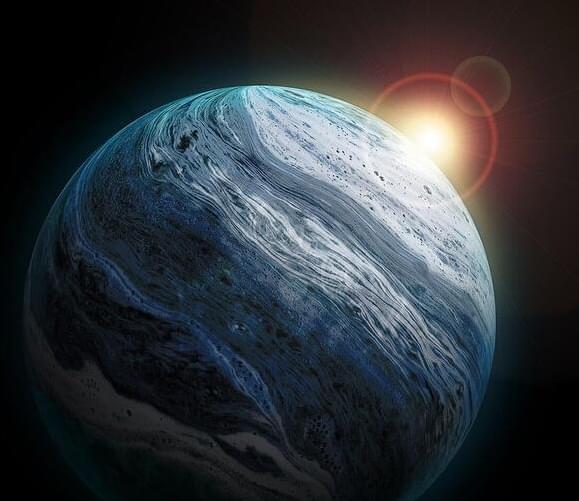
A recent study published in the Astrophysical Journal Letters investigates the potential existence of Mars-sized free-floating planets (FFPs)—also known as rogue planets, starless planets, and wandering planets—that could have been captured by our sun’s gravity long ago and orbit in the outer solar system approximately 1,400 astronomical units (AU) from the sun. For context, the farthest known planetary body in the solar system is Pluto, which orbits approximately 39 AU from the sun, and is also part of the Kuiper Belt, which scientists estimate extends as far out as 1,000 AU from the sun.

NASA’s Lunar Reconnaissance Orbiter (LRO) has successfully bounced a laser off of India’s Vikram lander, which successfully touched down on the Moon’s surface in August.
The LRO’s laser altimeter aimed its sights at Vikram in December, shooting it with a series of laser pulses. Vikram’s 2-inch-wide retroreflector, which comes courtesy of NASA, bounced these signals right back, with scientists confirming the first-of-its-kind “ping” moments later.
The feat could revolutionize the way we locate objects and determine their exact locations on the Moon’s surface from vast distances using a surprisingly low-tech solution.
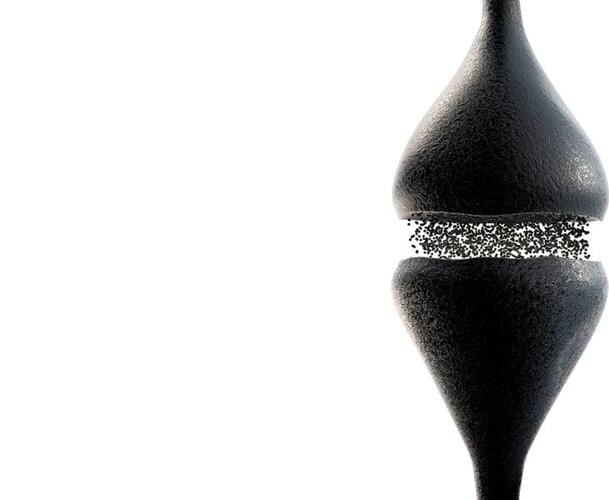
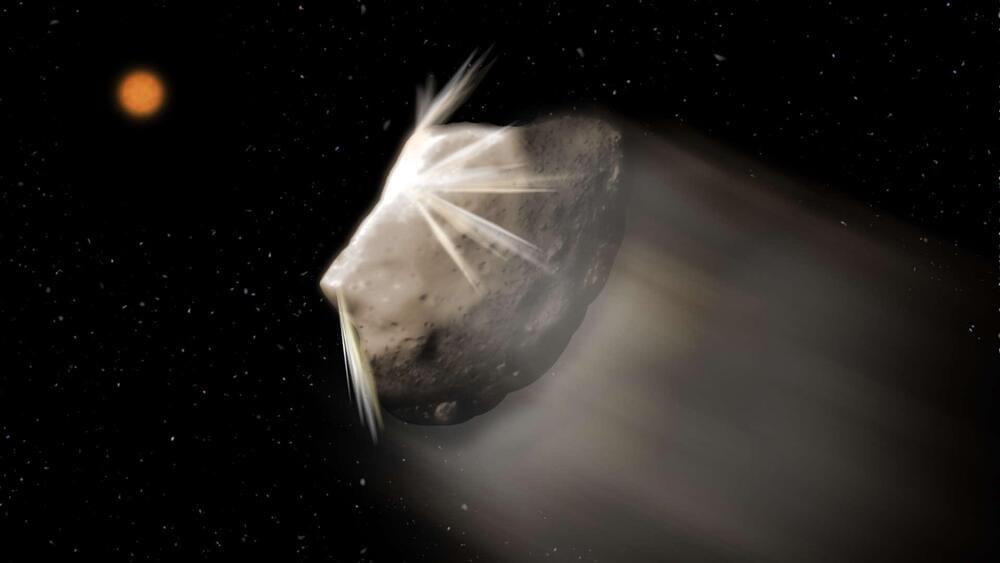
A rapid reshaping of orbits resulting from a close encounter with Jupiter or Saturn can lead Centaurs to exhibit comet-like activity, according to a Planetary Science Institute Senior Scientist Eva Lilly paper.
Centaurs are small bodies similar to asteroids in size but to comets in composition that revolve around the sun in the outer solar system, mainly between the orbits of Jupiter and Neptune.
We have found some answers to the long-standing mystery of why some Centaurs became active like comets while the rest appear like regular quiet asteroids. Nobody knew why they behaved this way. It did not make any sense.
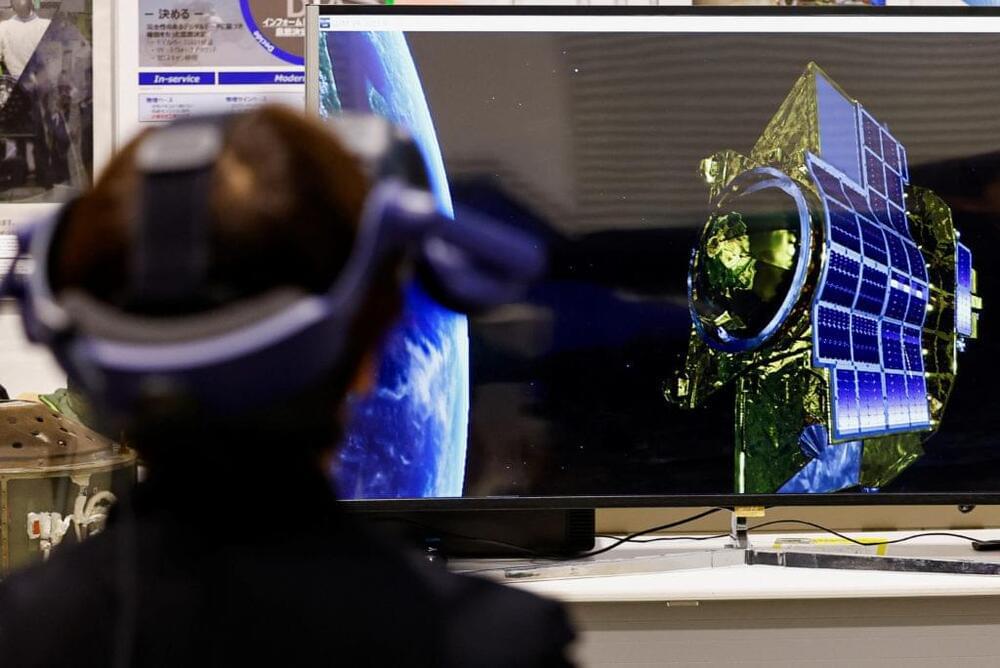
TOKYO (AP) — Japan became the fifth country in history to reach the moon when one of its spacecrafts without astronauts successfully made a soft landing on the lunar surface early Saturday.
However, space officials said they need more time to analyze whether the Smart Lander for Investigating Moon, or SLIM, achieved its mission priority of making a pinpoint landing. They also said the craft’s solar panel had failed to generate power, which could shorten its activity on the moon.
Space officials believe the SLIM’s small rovers were launched as planned and that data was being transmitted back to Earth, said Hitoshi Kuninaka, head of the Institute of Space and Astronautical Science, a unit of Japan’s space agency.
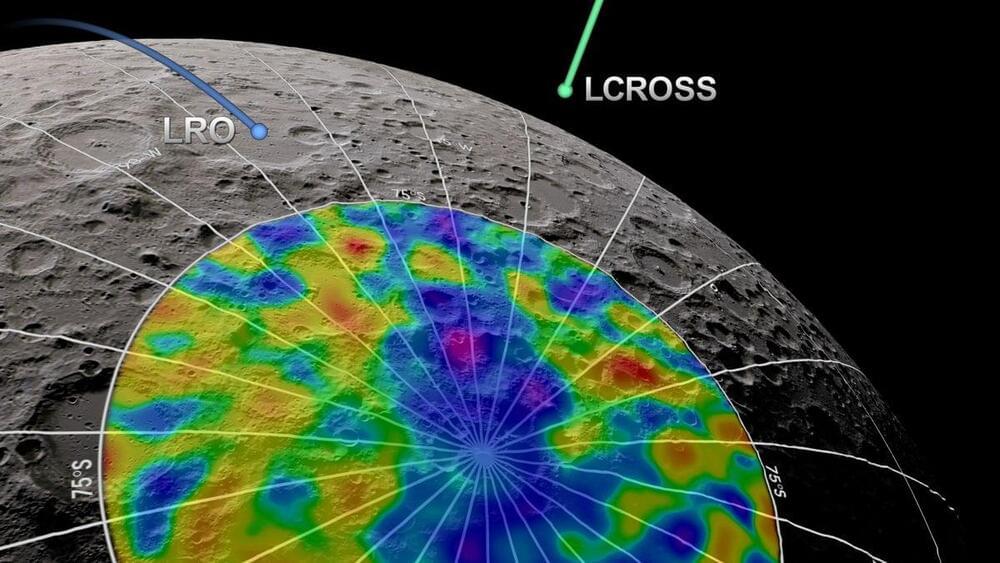
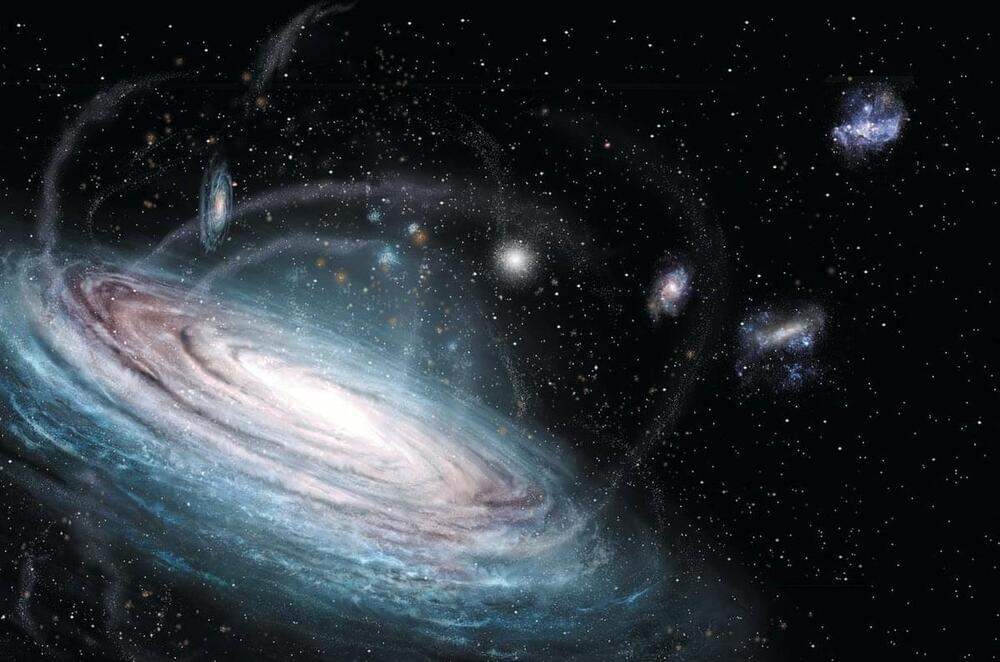
The latest star maps are rewriting the story of our Milky Way, revealing a much more tumultuous history than astronomers suspected.
Japanese toy manufacturer Takara Tomy developed the lunar rover, SORA-Q, in association with JAXA, Sony Group, and Doshisha University.
Innovative offering
The creative minds at JAXA’s design department faced the challenge of developing a compact and lightweight lunar probe capable of accompanying the main lander to the moon. Simultaneously, they aimed for a design that would be straightforward and durable enough to operate effectively on the uneven lunar terrain. To find innovative solutions, they sought inspiration from an unexpected source: a company known for crafting toys.
The creation of SORA-Q drew upon insights in miniaturization and weight reduction derived from the firm’s expertise in toy manufacturing. Additionally, the firm claims it incorporated technologies associated with metamorphic mechanisms, exemplified by Transformers. The company hopes that SORA-Q will kindle children’s curiosity in the natural sciences, fostering an exhilarating exploration of the wonders of space.

The OpenDAC project is a collaborative research project between Fundamental AI Research (FAIR) at Meta and Georgia Tech, aimed at significantly reducing the cost of Direct Air Capture (DAC).
Direct Air Capture (DAC) involves directly capturing carbon dioxide from the atmosphere and has been widely recognized as a crucial tool in combating climate change. Despite its potential, the broad implementation of DAC has been impeded by high capture costs. Central to overcoming this hurdle is the discovery of novel sorbents — materials that pull carbon dioxide from the air. Discovering new sorbents holds the key to reducing capture costs and scaling DAC to meaningfully impact global carbon emissions.
The DAC space is growing rapidly with many companies entering the space. To engage the broader research community as well as the budding DAC industry, we have released the OpenDAC 2023 (ODAC23) dataset to train ML models. ODAC23 contains nearly 40M DFT calculations from 170K DFT relaxations involving Metal Organic Frameworks (MOFs) with carbon dioxide and water adsorbates. We have also released baseline ML models trained on this dataset.